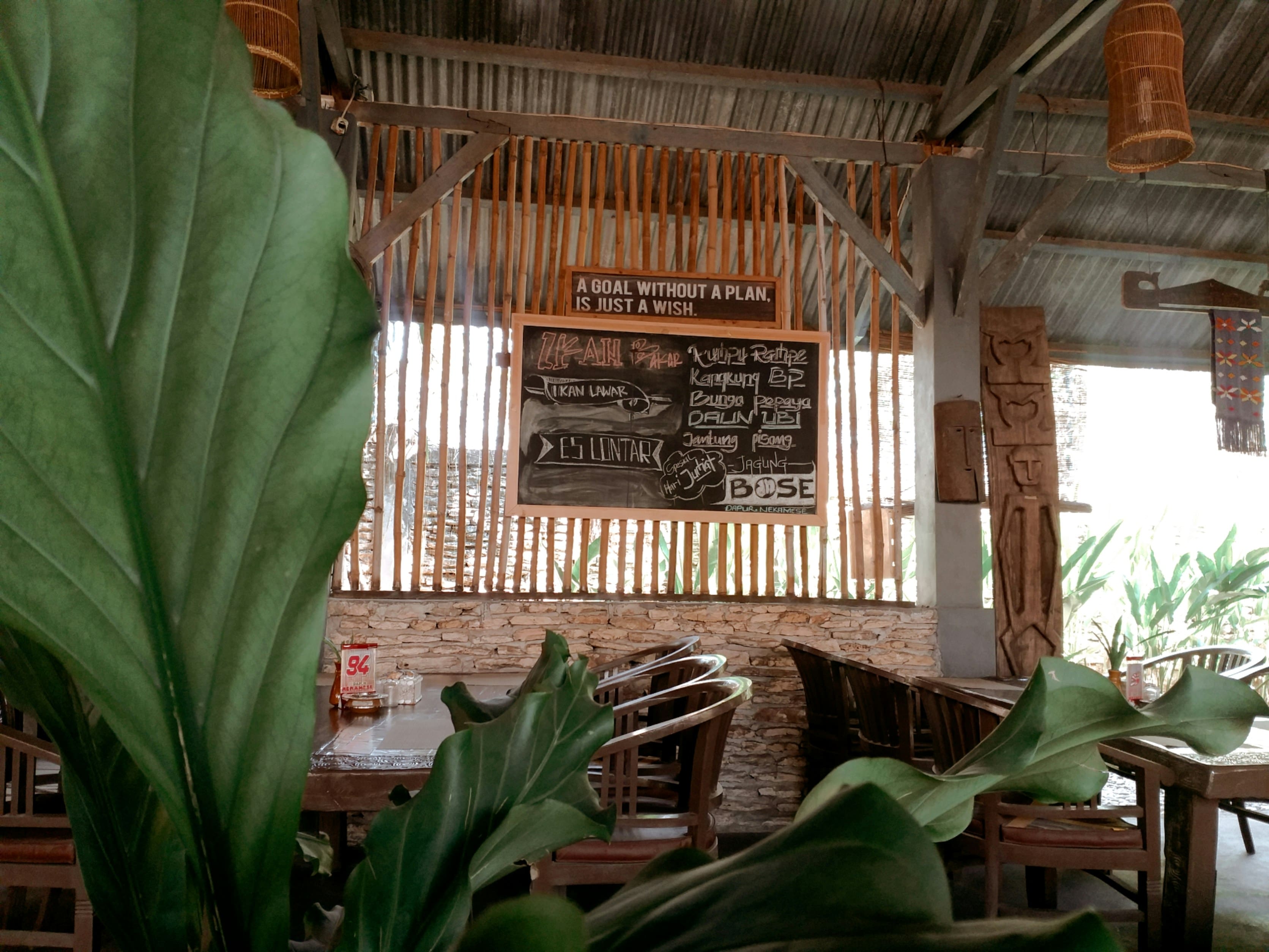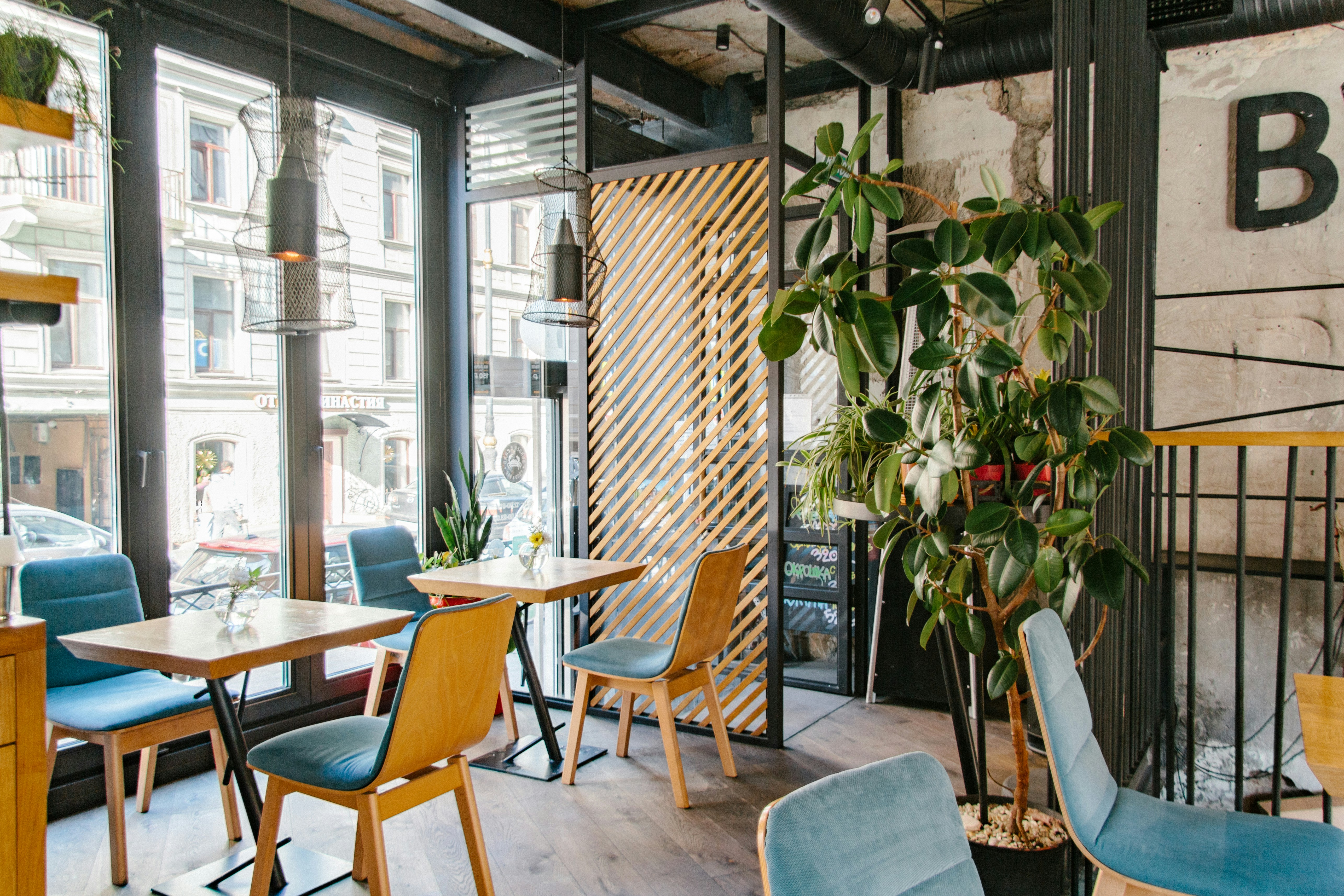
Sustainable Practices: Louvered Doors in Eco-Friendly Restaurants
Sustainable Practices: Louvered Doors in Eco-Friendly Restaurants
Sustainability isn't just a buzzword; it's a necessity in the modern world, particularly in industries where environmental impact is a significant concern. As the restaurant industry embraces eco-friendliness, innovative solutions are being sought to reduce carbon footprints without compromising on design or functionality. In this comprehensive blog post, we delve into the use of louvered doors—oftentimes overlooked in the sustainability conversation—as a powerful tool for energy conservation and customer comfort in restaurants and sustainable homes alike.
The Quest for Sustainability in Dining

As our collective environmental consciousness continues to grow, the food sector is under increasing pressure to cut down on waste, energy consumption, and pollution. Restaurant owners and managers are on the lookout for sustainable practices that not only fulfill their eco-goals but also improve their bottom line and enhance the customer experience. Louvered doors represent a unique and often undervalued opportunity to achieve these aims.
Benefits of Louvered Doors in Dining Establishments
Traditionally, louvered doors have been prized for their aesthetic appeal, thanks to the gentle, rhythmic lines created by the slats. However, their benefits extend beyond the visual. When used in the context of a restaurant that's keen on sustainability, louvered doors can:
Improve Energy Efficiency
Louvered doors can effectively insulate spaces, ensuring that climate-controlled air doesn't escape. This reduces the load on HVAC systems, leading to lower energy bills and decreased greenhouse gas emissions. They act as a barrier, preventing direct sunlight from overheating the area, which is invaluable in warmer climates and helps maintain a comfortable indoor temperature for patrons and staff.
Natural Ventilation and Airflow
Restaurants often struggle to maintain a fresh, pleasant atmosphere. Louvered doors can be designed to open fully or partially, allowing for natural ventilation that clears the air of cooking smells and other odors. The slatted design promotes airflow, distributing cooler air more evenly throughout the space.
Enhanced Indoor-Outdoor Connection
In eateries with outdoor dining, louvered doors can provide a sense of continuity between the inside and outside, boosting the visual and experiential appeal. This connection not only makes the space more inviting but also encourages the use of natural light during the day, reducing the need for artificial lighting.
Case Studies: Louvered Doors in Action

Several eco-conscious restaurants have successfully implemented louvered doors to magnificent effect. Their decision to incorporate this architectural detail has resulted in tangible environmental and customer-service benefits, which are crucial for their branding and customer loyalty.
Positive Impact on Energy Consumption
For example, restaurant A installed louvered doors along its facade, significantly reducing its heating and cooling costs while maintaining a comfortable environment, regardless of the season. Longer-term data shows a sustained reduction in energy consumption, corroborating the doors' efficacy.
Enhanced Customer Experience
Restaurant B, renowned for its commitment to sustainability, saw an uptick in positive reviews praising the natural ambiance created by louvered doors. Customers raved about the enjoyable dining experience, highlighting the seamless transition between indoor and outdoor spaces.
Installation and Maintenance Tips
Investing in louvered doors requires careful planning. Here are considerations for those looking to incorporate them into their sustainable restaurant plan:
Considerations for Installing Louvered Doors
- Work with a reputable supplier who can provide options that are durable and energy-efficient.
- Tailor the design to the specificities of your space to ensure effective natural ventilation and customer comfort.
- Ensure that the installation is done by professionals to prevent any air leaks and guarantee longevity.
Proper Maintenance and Longevity
- Regularly clean and dust the slats to avoid obstructions that may impede airflow.
- Periodic inspections are essential to check for any damage or wear that could affect the doors' ability to provide energy savings and aesthetic appeal.
- Lubricate hinges and moving parts to maintain ease of use and silent operation.
Sustainable Home Solutions with Louvered Doors
Louvered doors aren't exclusively for the restaurant industry; their sustainable benefits make them an excellent choice for your eco-friendly home as well. Homeowners who embrace sustainability can expect:
Significant Energy Savings
By allowing for natural heating and cooling, louvered doors can reduce the reliance on mechanical systems. This leads to lower energy bills and a smaller ecological footprint.
Application in Various Spaces
From pantry doors to room dividers, louvered doors offer versatile solutions for different areas in a home. Their slatted design not only looks great but also promotes cross-ventilation in rooms, fostering a healthier indoor environment.
In Conclusion: Louvered Doors for a Greener Future
As the fight against climate change intensifies, finding innovative architectural solutions like louvered doors is vital. Their unique ability to balance aesthetics, comfort, and energy efficiency makes them a valuable addition to the sustainability toolkit, both in the food service sector and in personal residences. For eco-minded individuals and businesses, the louvered door is not just a design feature—it's a statement of commitment to a greener, more sustainable future.
